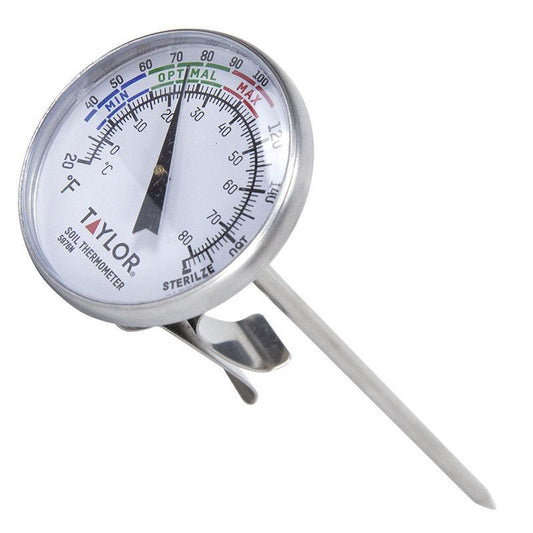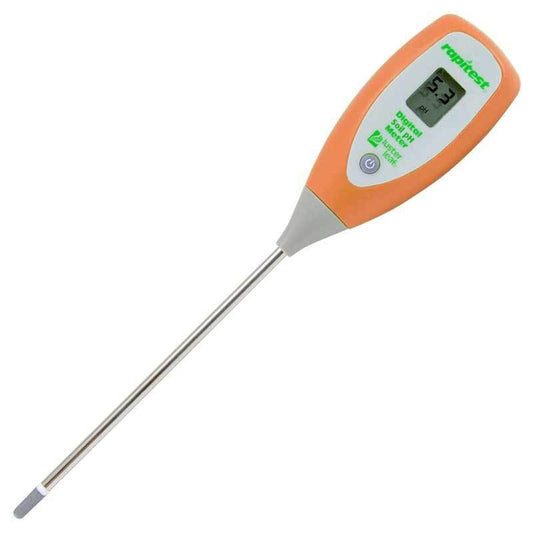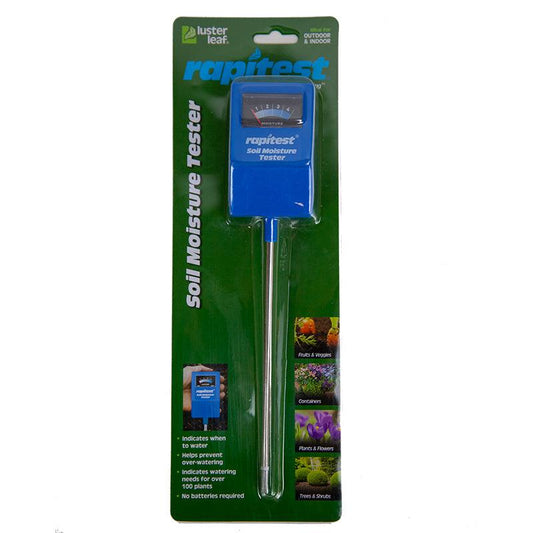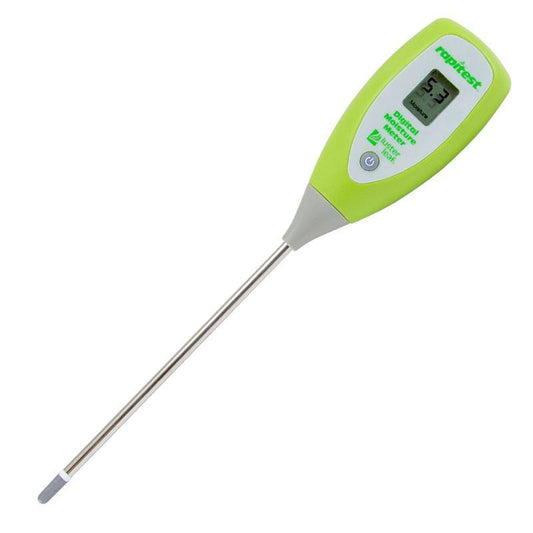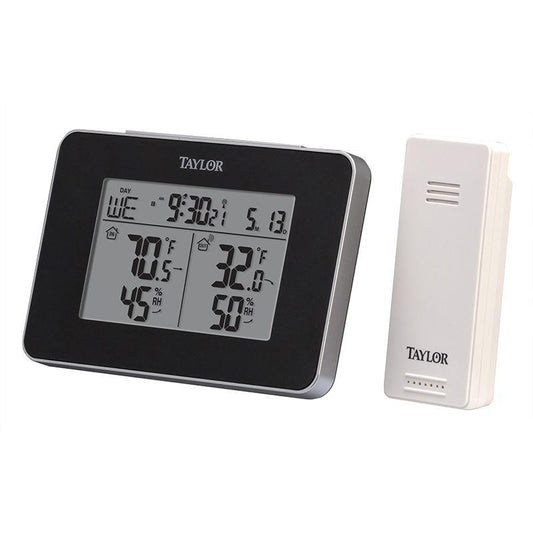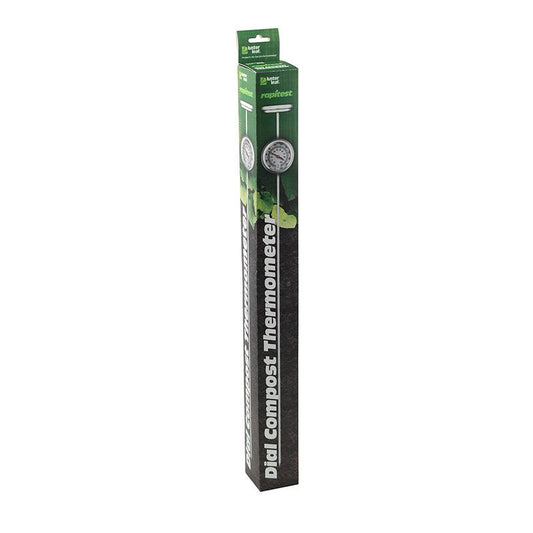Introduction to Field Meters
Field meters are essential tools for agricultural professionals, gardeners, and hobbyists alike. They provide valuable data and measurements that help optimize crop health, irrigation, and overall farm management. We will explore various types of field meters available, their functions, and the benefits they offer in the world of agriculture and gardening.
Soil pH Meters
Soil pH meters are indispensable for anyone involved in agriculture or gardening. They measure the acidity or alkalinity of the soil, which is a critical factor in determining the suitability of soil for specific crops. A proper pH level is vital for nutrient absorption by plants. These meters typically feature a probe inserted into the soil, providing instant pH readings and enabling growers to adjust soil conditions as needed.
Soil Moisture Meters
Soil moisture meters are invaluable for efficient irrigation management. They measure the moisture content in the soil, helping farmers and gardeners avoid overwatering or underwatering their plants. These meters typically consist of a probe that is inserted into the soil to measure moisture levels accurately. By using a soil moisture meter, growers can ensure that plants receive the optimal amount of water, reducing water wastage and promoting healthier plant growth.
Light Meters
Light meters are crucial for monitoring light intensity indoors and outdoors. In agriculture, they are often used to assess the amount of sunlight available to plants. This information is vital for selecting the right location for crops, planning shade structures, or adjusting artificial lighting in greenhouse environments. Light meters are typically equipped with sensors that measure the intensity of visible light, allowing growers to optimize lighting conditions for optimal plant growth.
Temperature and Humidity Meters
Temperature and humidity meters are essential for maintaining ideal growing conditions. They help monitor environmental factors that directly affect plant health and growth. These meters come equipped with sensors that measure temperature and humidity levels accurately. By keeping track of these parameters, growers can make informed decisions about heating, cooling, and humidity control in greenhouses, ensuring that plants thrive in their chosen environment.
Benefits of Using Field Meters
Using field meters offers several significant benefits for growers and gardeners:
-
Precision: Field meters provide accurate and real-time data, allowing for precise adjustments in soil conditions, irrigation, lighting, and environmental control.
-
Efficiency: By optimizing soil moisture levels, pH, light exposure, temperature, and humidity, growers can maximize resource efficiency and minimize waste.
-
Crop Health: Maintaining ideal growing conditions results in healthier plants, which are more resistant to pests and diseases.
-
Yield Improvement: Improved crop health and resource management can increase yields and higher-quality produce.
-
Cost Savings: Field meters help reduce water, energy, and fertilizer usage, leading to cost savings in the long run.
-
Environmental Sustainability: Efficient resource use contributes to environmental sustainability by reducing the ecological footprint of agriculture and gardening practices.
In Summary
Field meters are indispensable tools for modern agriculture and gardening. They enable growers to make data-driven decisions that optimize crop health, resource usage, and overall farm management. Whether it's monitoring soil pH, moisture levels, light intensity, or environmental conditions, these meters are crucial in improving yields, reducing costs, and promoting sustainability in agriculture and gardening practices. Investing in field meters is a wise choice for anyone looking to succeed in farming or gardening.
For more information on our tools and equipment, click here.


